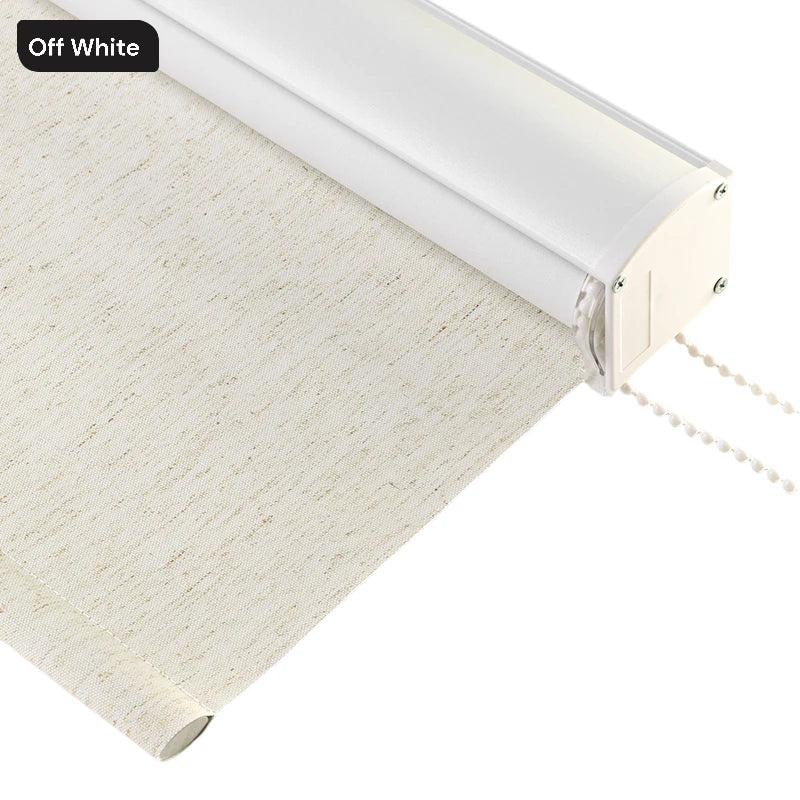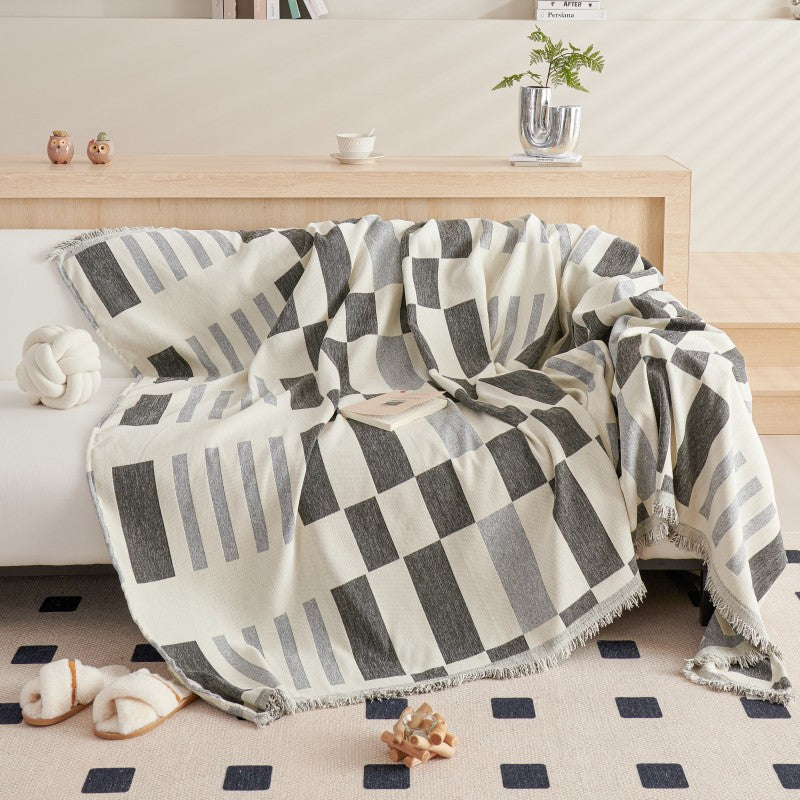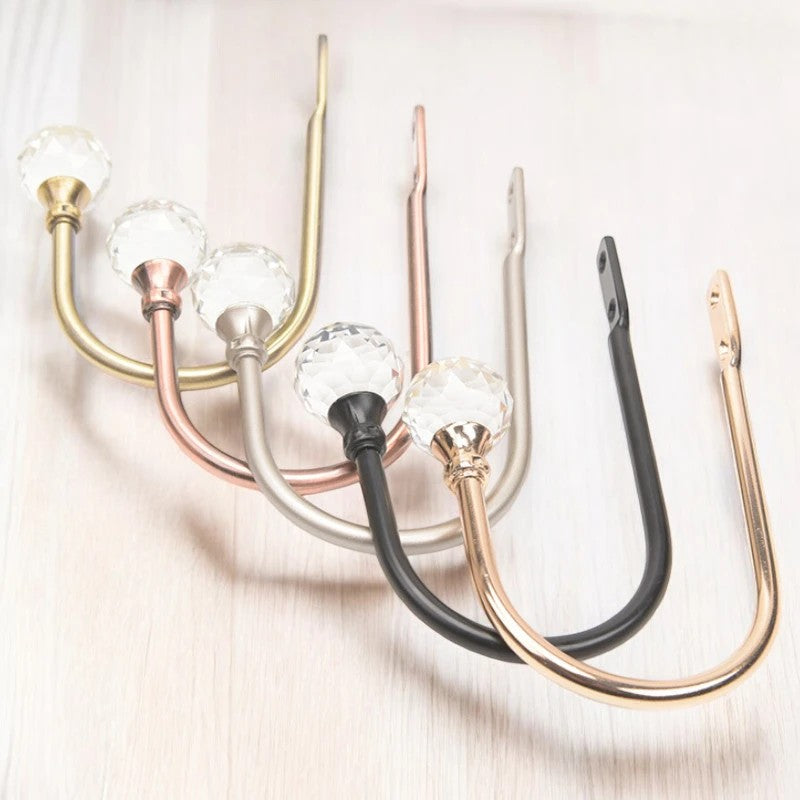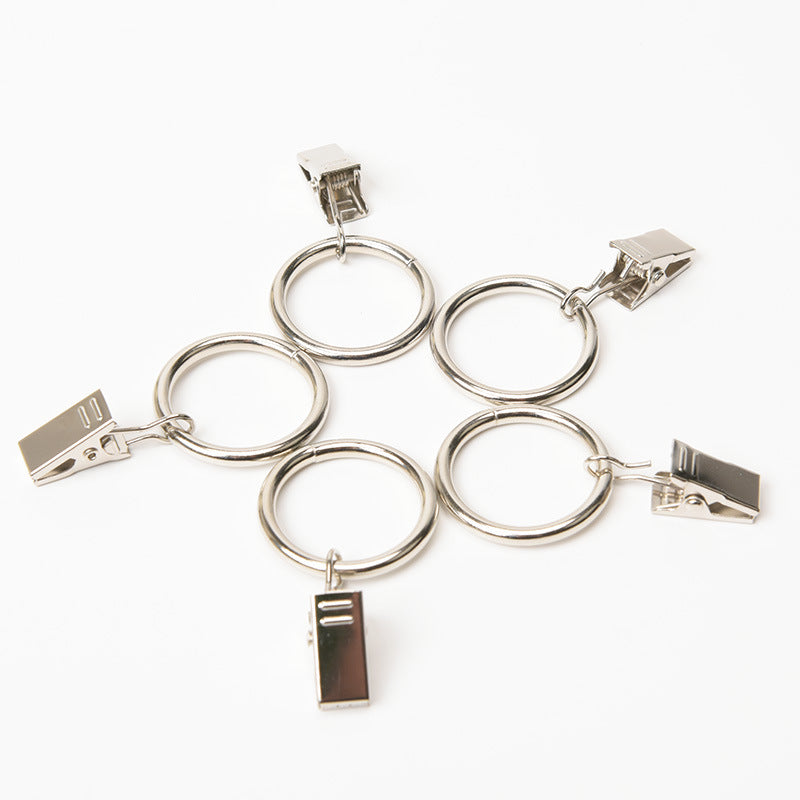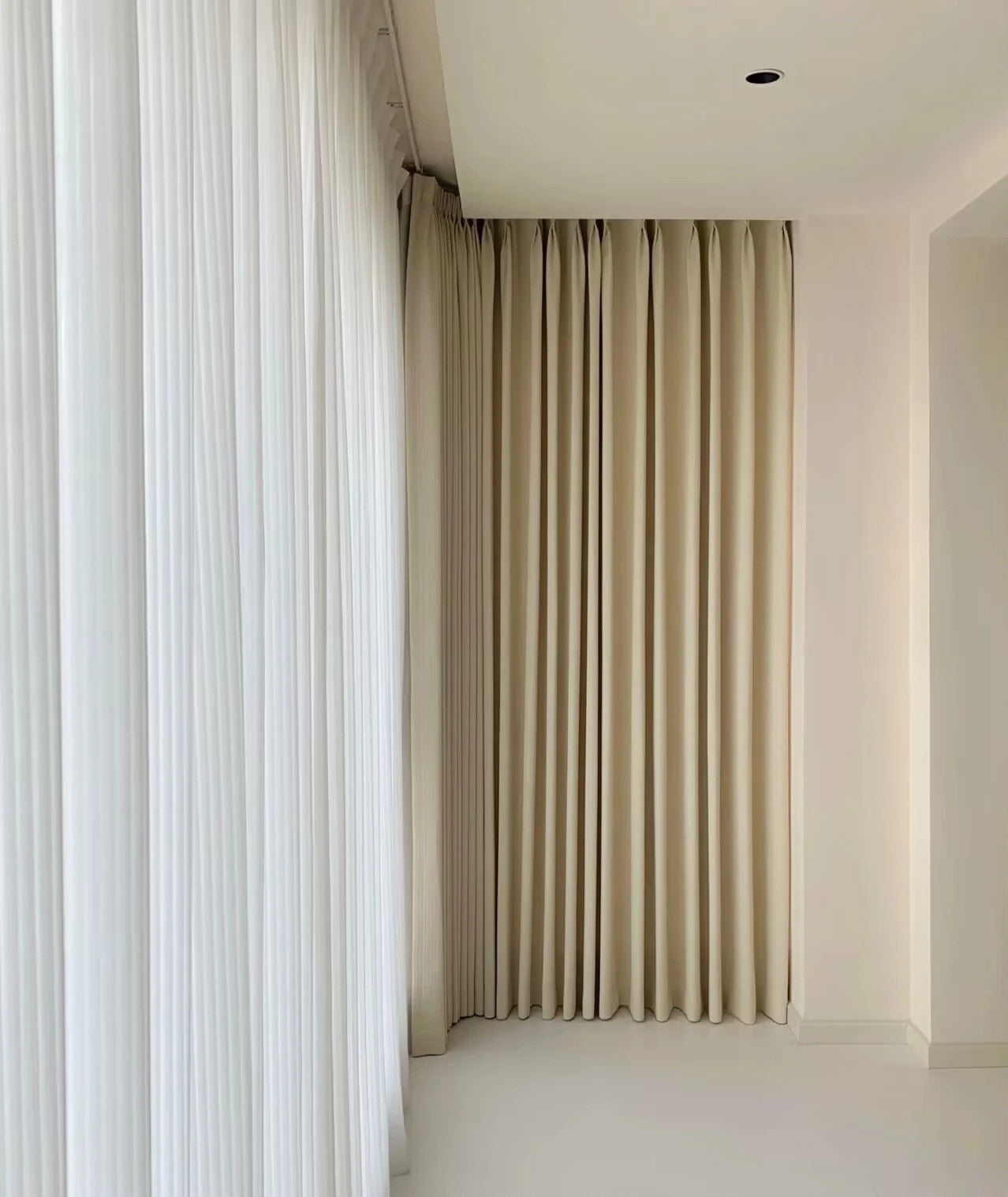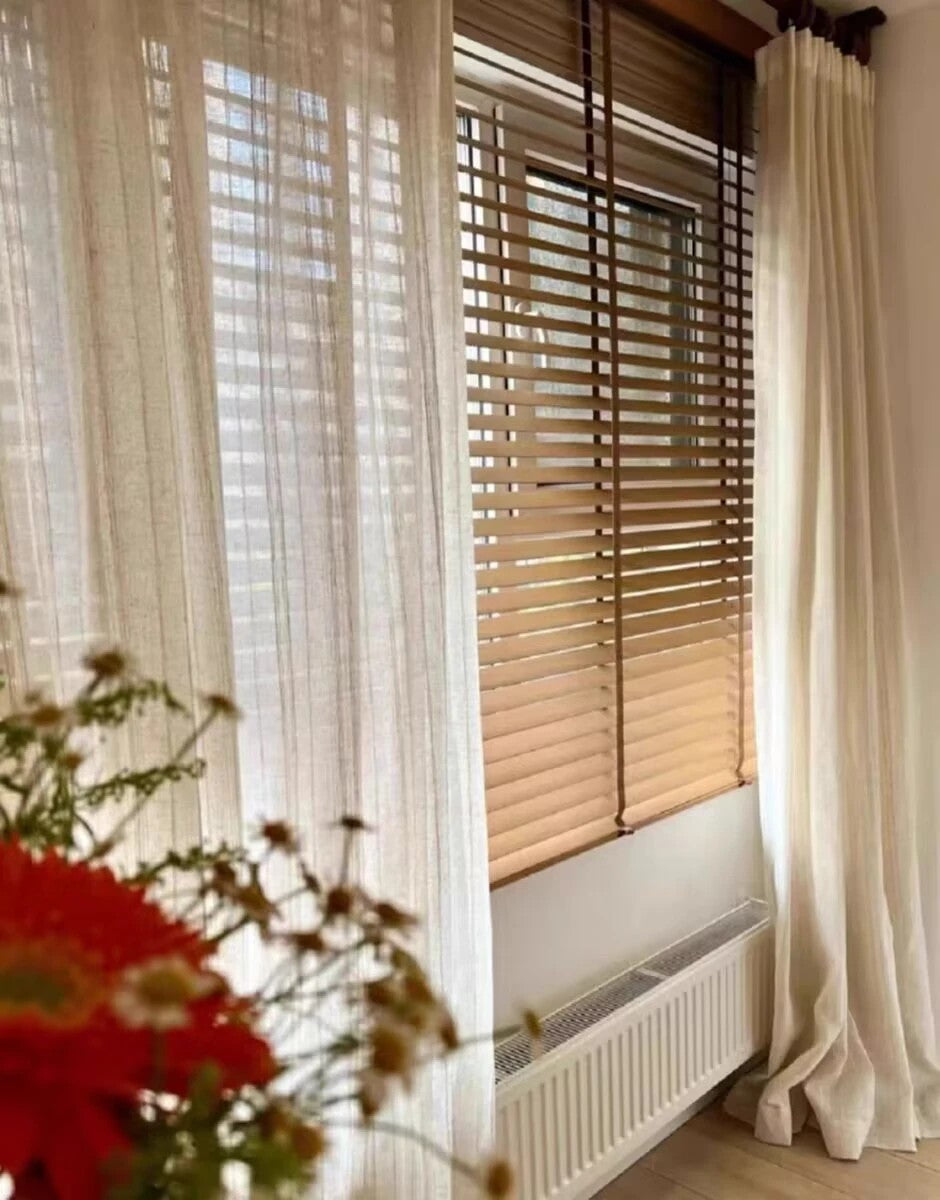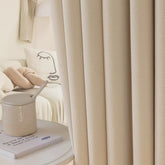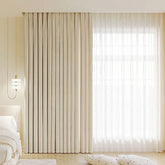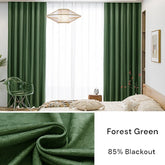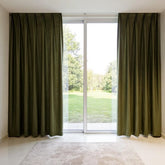Can Curtains Cause Mildew?
Mildew is a common problem that many homeowners face, but can curtains actually be a cause of mildew growth in our homes? In this section, we will delve into the topic of whether curtains can cause mildew and explore the facts and debunk any myths surrounding this issue.
We will provide useful data and insights to help you understand the factors contributing to mildew growth on curtains and offer practical tips and techniques for preventing mildew from forming. Join us as we navigate through this important topic to ensure a clean and healthy indoor environment for you and your family.
Key Takeaways
- Curtains can cause mildew when the conditions are right, such as in a warm, damp bathroom with poor ventilation.
- Mildew is a type of mold that forms when fungi grow on a moist surface, and the moisture on a shower curtain provides an ideal breeding ground for mildew.
- Factors that contribute to mildew growth on curtains include high levels of chlorine in the water, infrequent cleaning, and the use of non-breathable materials.
- To prevent mildew, it is important to ensure proper ventilation, use breathable curtains or liners, clean the curtain regularly, and hang it in a well-ventilated area to air dry.
- Mildew on a shower curtain is not typically considered dangerous, but it can be unsightly and unpleasant, and some individuals may be sensitive to mold and mildew, leading to allergic reactions.
By understanding the causes of mildew growth on curtains and following proper maintenance and cleaning practices, you can prevent mildew buildup and maintain a healthy indoor environment. Let's explore the facts and debunk the myths to ensure that your curtains remain clean, fresh, and mold-free.
Understanding the Factors Contributing to Mildew Growth
To understand whether curtains can cause mildew, it is essential to examine the factors that contribute to mildew growth on curtains. Mildew is a type of mold that thrives in warm, damp environments, making certain areas of our homes more susceptible to its presence. Bathrooms, particularly those with poor ventilation, are common breeding grounds for mildew on curtains.
One factor that can contribute to mildew growth on curtains is the material they are made of. Non-breathable fabrics, such as plastic or vinyl, trap moisture against the surface, creating the perfect conditions for mildew to develop. Additionally, high levels of chlorine in the water used during showering can promote mold and mildew growth. Infrequent cleaning of the curtain also allows for the accumulation of moisture and dirt, providing a fertile environment for mildew.
| Factors | Description |
|---|---|
| Material | Non-breathable fabrics, such as plastic or vinyl, trap moisture against the surface, creating the perfect conditions for mildew to develop. |
| Chlorine Levels | High levels of chlorine in the water used during showering can promote mold and mildew growth. |
| Infrequent Cleaning | Infrequent cleaning of the curtain also allows for the accumulation of moisture and dirt, providing a fertile environment for mildew. |
To prevent mildew growth on curtains, proper maintenance is crucial. It is recommended to use breathable shower curtains or liners that allow air to circulate, reducing moisture buildup. Regular cleaning with mild detergent or vinegar helps eliminate mold spores and remove any existing mildew. After cleaning, hang the curtain in a well-ventilated area to air dry, ensuring that it is completely dry before reusing it.
While mildew on a shower curtain is generally not considered dangerous, it can be unsightly and may cause allergic reactions in some individuals. Common symptoms include coughing, sneezing, difficulty breathing, red, itchy eyes, and skin irritation. To minimize the risk of allergic reactions, it is important to promptly remove mildew from the shower curtain.
Curtains can also accumulate allergens, dust mites, germs, and dust and toxins, posing health risks if left unclean for long periods. Regular cleaning of curtains is necessary to maintain a healthy indoor environment. Whether it's curtains in the bathroom or throughout the house, proper maintenance and cleaning can help prevent mildew growth and ensure a clean and fresh living space.
Tips and Techniques for Preventing Mildew on Curtains
Now that we understand the factors that contribute to mildew growth on curtains, let's explore some preventive measures to keep your curtains mold and mildew-free.- Choose Mildew-Resistant Curtains: When shopping for curtains, look for options that are specifically labeled as mold and mildew-resistant. These curtains are typically made of breathable materials that allow air to circulate, preventing moisture buildup and discouraging the growth of mold and mildew.
- Proper Ventilation: It's essential to maintain good airflow in the room where your curtains are hanging. Ensure that windows are opened regularly to allow fresh air to circulate. If privacy is a concern, consider using sheer curtains that provide a level of privacy while still allowing air to flow freely.
- Regular Cleaning: Cleaning your curtains regularly is crucial in preventing mildew. Follow the manufacturer's instructions for cleaning, but generally, it's recommended to hand or machine wash curtains in mild detergent or vinegar. Avoid using bleach or harsh chemicals as they may damage the fabric. After washing, hang the curtains in a well-ventilated area to air dry completely.
- Maintain a Dry Environment: Excess moisture in the air can contribute to mildew growth. Keep your home's humidity levels in check by using dehumidifiers or air conditioners, especially in areas prone to dampness, such as bathrooms or basements. Installing exhaust fans in these areas can also help in controlling humidity and preventing mildew formation.
Comparison of Mildew-Resistant Curtain Materials
| Material | Description | Advantages |
|---|---|---|
| Nylon | Lightweight and durable synthetic fabric | Resistant to moisture and mildew, easy to clean |
| Polyester | Synthetic fabric with excellent wrinkle resistance | Highly resistant to mildew, quick-drying |
| Cotton | Natural fabric with a soft and breathable texture | Requires regular cleaning to prevent mildew, but easily maintained |
| Linen | Natural fabric known for its durability and luxurious appearance | Has natural resistance to mildew, but requires proper care and maintenance |
"Prevention is key when it comes to mildew on curtains. By implementing these tips and techniques, you can maintain clean and mold-free curtains, promoting a healthy indoor environment."With these preventive measures, you can enjoy fresh and mildew-free curtains for years to come. Be proactive in caring for your curtains, and you'll create an inviting and hygienic space in your home.
Keeping curtains clean and dry is not only important for preventing mildew but also for maintaining a healthy indoor environment. Curtains can accumulate allergens, dust mites, germs, and dust, posing health risks if left unclean for long periods. To ensure a clean and healthy living space, regular cleaning of curtains is necessary.
Mold on curtains is a common problem that can occur when moisture and humidity are present. Mold can trigger allergic reactions such as coughing, sneezing, difficulty breathing, red, itchy eyes, and skin irritation. Therefore, it's important to remove any mildew from the curtains as soon as possible to prevent potential health issues.
To prevent mildew and mold on curtains, it is advisable to clean them regularly using mild detergent or vinegar. Additionally, proper ventilation is essential to keep moisture levels low. Hanging the curtains in a well-ventilated area after washing allows them to air dry effectively.
If mildew persists or if you prefer a professional touch, hiring a professional cleaning company can be an effective and efficient way to remove mildew from curtains and prevent its recurrence. These experts have the knowledge and tools to tackle stubborn mildew stains, ensuring your curtains are fresh and mold-free.
FAQ
Q: Can curtains cause mildew?
A: Yes, curtains can cause mildew under certain conditions, such as in a warm, damp bathroom with poor ventilation. Mildew is a type of mold that forms when fungi grow on a moist surface, and the moisture on a shower curtain provides an ideal breeding ground for mildew.
Q: What factors contribute to mildew growth on curtains?
A: Factors that can contribute to mildew growth on curtains include high levels of chlorine in the water, infrequent cleaning of the curtain, and the use of non-breathable shower curtains. These factors can trap moisture against the surface and create an environment conducive to mildew growth.
Q: How can I prevent mildew on curtains?
A: To prevent mildew on curtains, it is recommended to ensure proper bathroom ventilation, use breathable shower curtains or liners, clean the curtain regularly with mild detergent or vinegar, and hang it in a well-ventilated area to air dry. Regular cleaning and proper maintenance can help prevent mildew buildup.
Q: Is mildew on a shower curtain dangerous?
A: Mildew on a shower curtain is not typically considered dangerous, but it can be unsightly and unpleasant. Some individuals may be sensitive to mold and mildew, leading to allergic reactions such as coughing, sneezing, difficulty breathing, red, itchy eyes, and skin irritation. It is important to remove mildew from the shower curtain as soon as possible to prevent potential allergic reactions.
Q: How can I remove mildew from a shower curtain?
A: Regular cleaning with mild detergent or vinegar can help remove mildew from a shower curtain. For tough stains, you may consider hiring a professional cleaning company for effective and efficient removal. It is also important to ensure proper ventilation and regular maintenance to prevent mildew recurrence.
Q: Can curtains accumulate allergens and germs?
A: Yes, curtains can accumulate allergens, dust mites, germs, and dust and toxins over time. If left unclean for long periods, they can pose health risks. Therefore, regular cleaning of curtains is necessary to maintain a healthy indoor environment.



